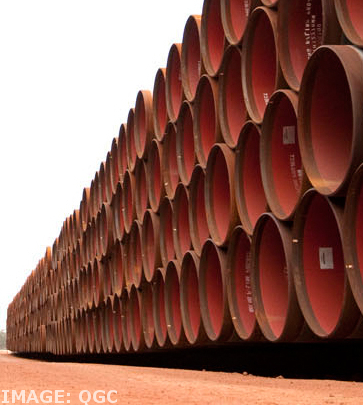Leaders look for powerful links
 The COAG Energy Council - Australia's chief body of energy and resources ministers - has outlined steps to energy market reform.
The COAG Energy Council - Australia's chief body of energy and resources ministers - has outlined steps to energy market reform.
The council met late last week to talk about how to take a truly national approach to integrating energy and climate policies.
Federal Environment and Energy Minister Josh Frydenberg, who chairs the council, secured a commitment from ministers to reforms in four critical areas.
The first is to increase gas availability and reduce prices by establishing two wholesale gas trading hubs and arrangements for the trading of pipeline capacity.
A Gas Market Reform Group will be set up to focus specifically on these highly significant reforms.
The second move is to solidify existing agreements to introduce network prices that directly reflect the demand consumers put on the network at different times.
Such pricing is designed to reduce peak demand and ever-increasing network costs, but the council says it needs more advice from officials on how to drive implementation.
Thirdly, ministers and industry and consumer representatives agreed on the need to integrate energy and climate change policies.
Officials will now advise the council on the economic and operational impacts of state and territory emission reduction policies, so they can be better coordinated and targeted for nationwide results.
Finally, the council also recognised how much energy transformation is already under way.
It agreed to boost the resources of the Australian Energy Market Commission, which sets the rules under which the markets operate.
It is hoped that the boost will help the commission implement rule changes and improve its capacity.
“The proposed reforms bring challenges,” said Tony Wood, energy program director at the Grattan Institute.
“Some will be resisted by commercial or political vested interests, others by individual states or territories.
“There remains a risk that these changes to market governance may not be enough for an energy system that must be disrupted and protected at the same time.
“The council's good words must produce real outcomes. Frydenberg said today's Australians will not thank ministers if the lights go out. But an unsustainable energy system contributing to unmanageable climate change will be even less welcome to tomorrow's Australians. The new minister has made a start to avoiding both and we must all hope that he succeeds.”








 Print
Print